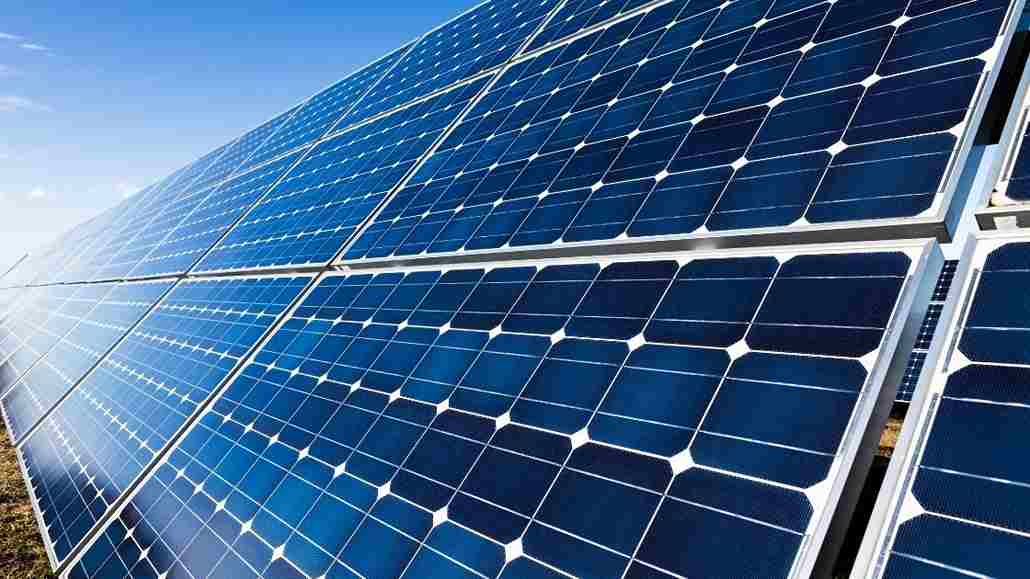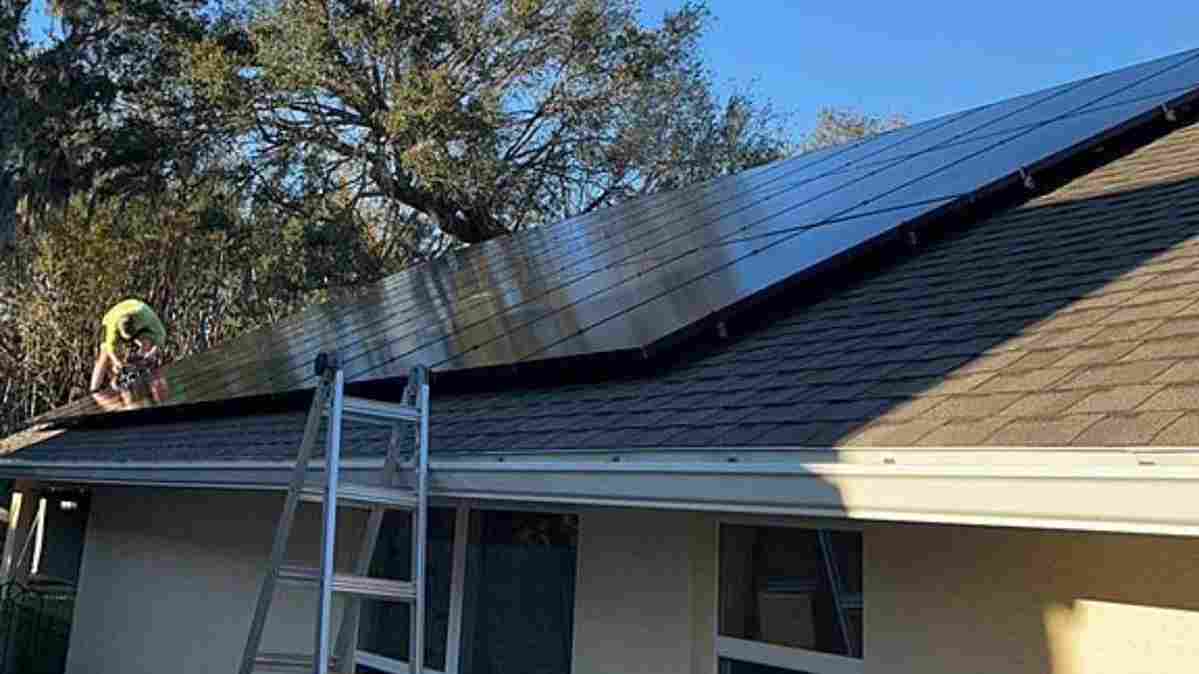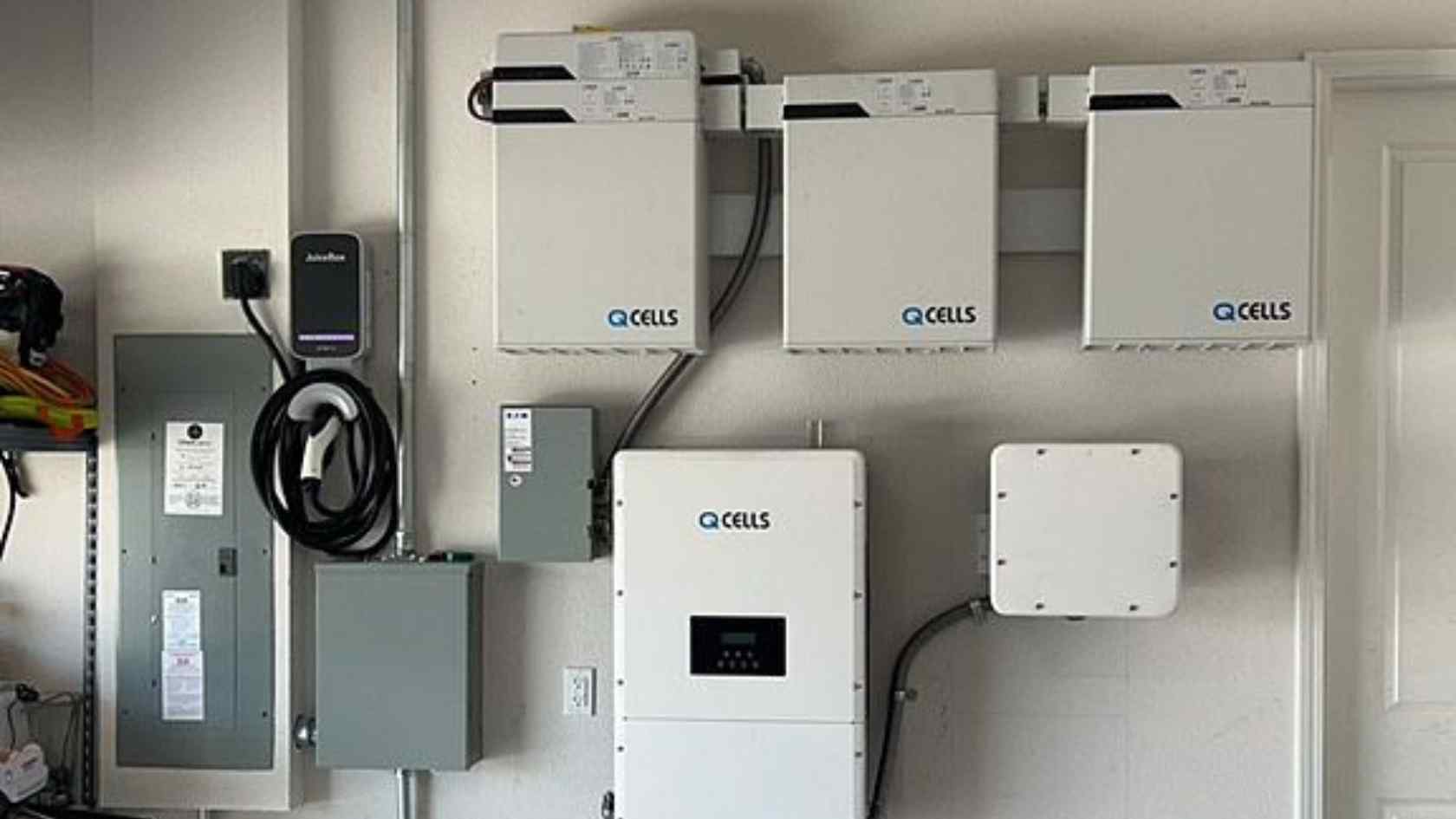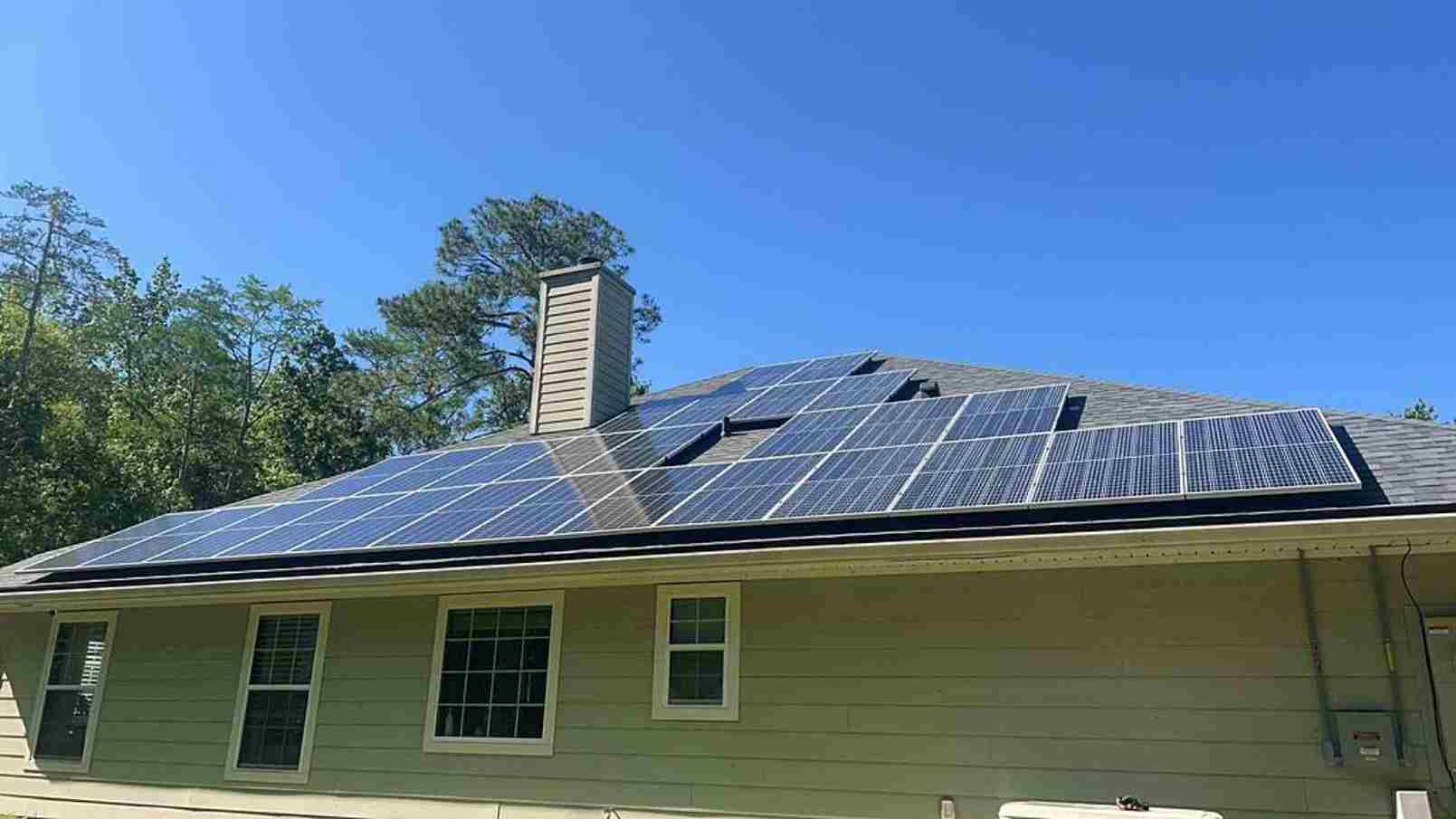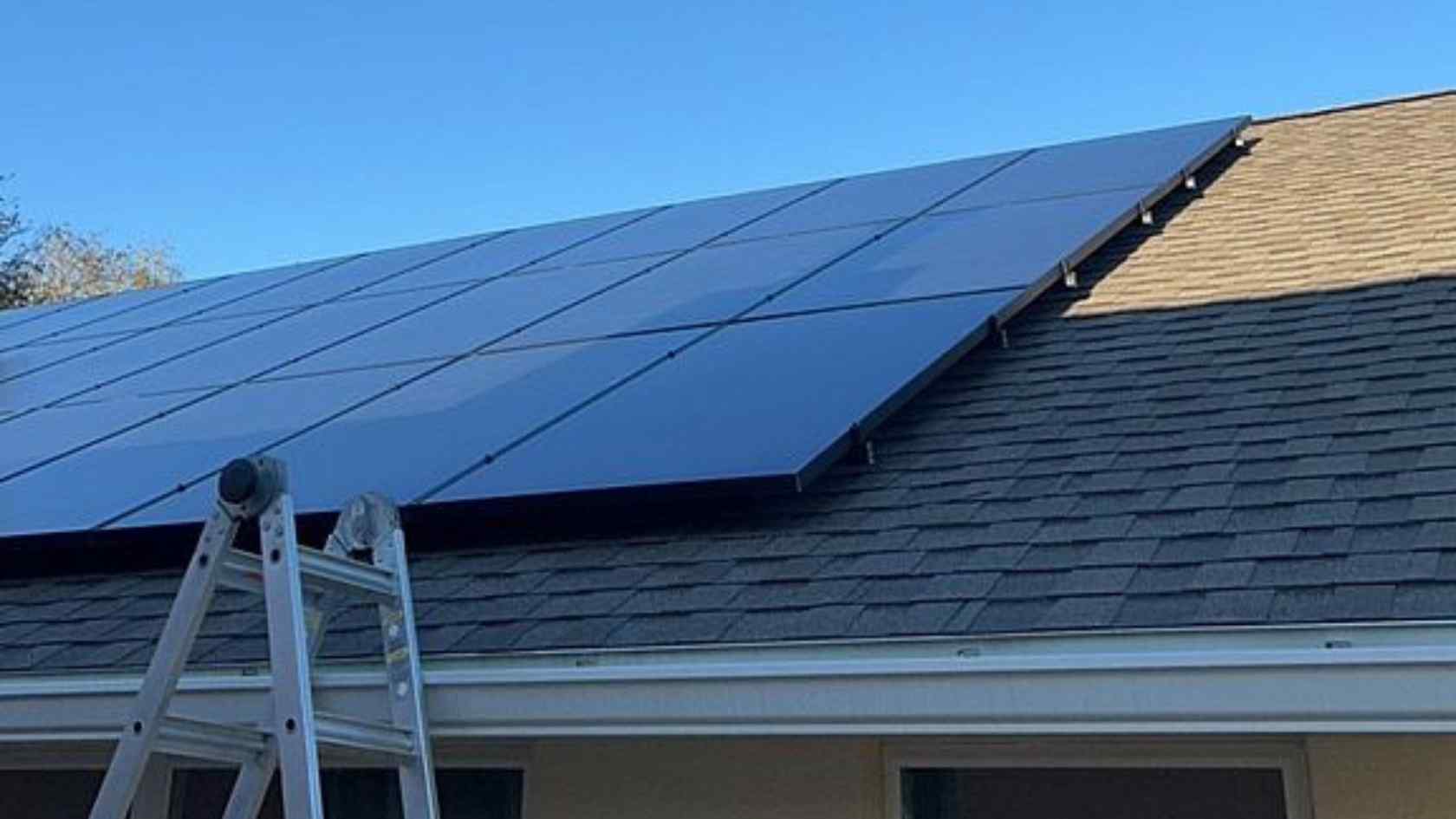Have you heard of Florida Power & Light (FPL)’s SolarTogether program? While it seems like a great opportunity, homeowners who participate in these community solar programs are likely to have higher energy costs and higher monthly bills. Why else should you avoid them? Read on to find out!
What Is Community Solar?
There are two types of community solar programs: the traditional type allows people to purchase nor lease a “share” in a specific nearby solar installation. Energy credits obtained from the shared solar farm would work just like rooftop solar credits.
The other type of community solar program is one where energy companies pay to set up a solar energy farm and allow customers to opt-in to use that clean energy. The customers don’t own a portion of the solar panels. This is how the FPL SolarTogether program is set up.
Who Benefits From Community Solar Programs?
With a traditional community solar program, homeowners directly benefit from the energy credits they receive. Unfortunately for Florida homeowners, community solar farms are not allowed.
FPL’s SolarTogether program is structured as a community solar program but homeowners must pay to participate. This means an additional fee will be tacked on to each monthly energy bill. In addition, homeowners could end up paying more for power at the beginning of the program. FPL says customers may start to see a return after seven years, with an average credit being about $1 per month.
So essentially, the SolarTogether program is a guise for switching to clean energy – all it is doing is offsetting the cost of the solar panels on customers.
Community Solar Programs vs Lease Solar Agreement
A solar lease is a program that allows homeowners to go through a third party to purchase solar panels. The third-party covers solar panel installation costs, and the homeowner makes monthly payments back to that company. The homeowner will not be able to claim the federal solar tax credit and will only own the system once payment is made in full. Often, this leaves the homeowner with a high solar payment and monthly energy bill. Thankfully, solar lease programs are not that prevalent in Florida.
A solar lease is similar to most community solar programs in that homeowners can pay to access a limited amount of solar energy. The biggest difference between a solar lease and community solar programs is that the leasing option allows people to get solar panels installed on their homes.
Is There A Better Option?
Homeowners who purchase their own rooftop solar panels get the most bang for their buck. Why? Tax credits offer immediate savings, solar panel financing provides low monthly rates, and owning the panels means 25+ years of free energy. See other reasons why switching to solar is worth it in Florida!
Have questions or need more information? The experts at Raze Solar are here to help! Call or text (904) 595-6835, schedule a free solar panel quote online, or view our services areas and learn how to make the switch. Learn more about our solar energy company and see recent projects by following us on Facebook and Instagram.

